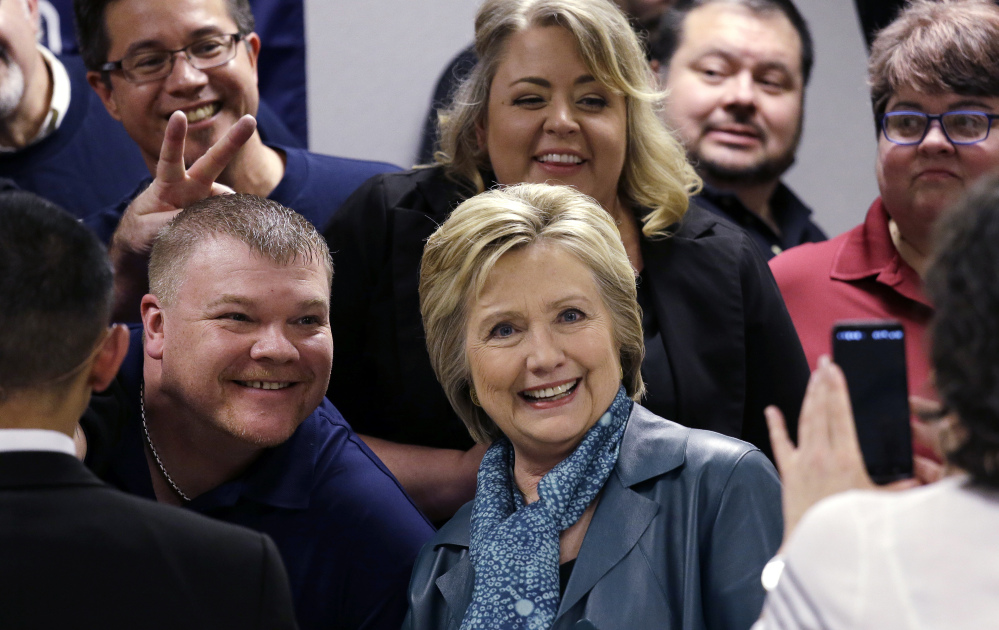WASHINGTON — Asked earlier this month whether she’d be indicted over her use of a private email server as secretary of state, Hillary Clinton responded, “It’s not going to happen.”
Though Republicans characterized her response as hubris, several legal experts interviewed by The Associated Press agreed with the front-runner for the Democratic presidential nomination.
The relatively few laws that govern the handling of classified materials were generally written to cover spies, leakers and those who illegally retain such information, such as at home. Though the view is not unanimous, several lawyers who specialize in this area said it’s a stretch to apply existing statutes to a former cabinet secretary whose communication of sensitive materials was with aides – not a national enemy.
During her tenure as the nation’s top diplomat between 2009 and 2013, Clinton’s work emails were routed through a private computer server located in the basement of her New York home. The State Department now concedes that a small percentage of those messages contained sensitive national security information, including some later determined to be top secret.
Computer security experts say the arrangement could have left the messages vulnerable to hackers, including those working for foreign intelligence agencies. Clinton has called her decision to rely on the home server a “mistake,” but has also repeatedly asserted that none of the messages was marked as classified when she sent or received them.
The FBI has for months been investigating whether the sensitive information that flowed through Clinton’s email server was mishandled. The inspector general at the State Department has also been reviewing the issue.
Send questions/comments to the editors.



Success. Please wait for the page to reload. If the page does not reload within 5 seconds, please refresh the page.
Enter your email and password to access comments.
Hi, to comment on stories you must . This profile is in addition to your subscription and website login.
Already have a commenting profile? .
Invalid username/password.
Please check your email to confirm and complete your registration.
Only subscribers are eligible to post comments. Please subscribe or login first for digital access. Here’s why.
Use the form below to reset your password. When you've submitted your account email, we will send an email with a reset code.